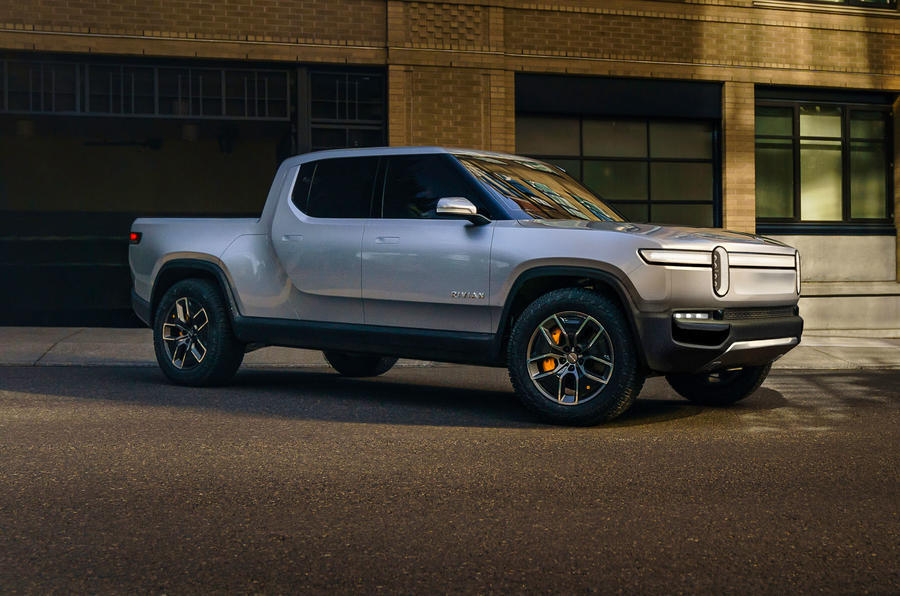Tesla is attempting to sue its fledgling Rivian rival, claiming that the electric SUV producer has obtained “Tesla’s trade secret, confidential, and proprietary information” from recently recruited employees.
In a complaint filed with the Superior Court of California, Tesla claims Rivian “recruits heavily from Tesla’s ranks” and "encourages" employees to bring with them confidential information that could give Rivian “a huge competitive advantage”.
Both companies have operations centres in the San Jose region of California, and although Rivian has yet to bring its R1T and R1S electric SUVs to market, it is seen as a viable Tesla rival following substantial investment from third parties, including Ford, Amazon and various investment groups.
Earlier this month, Rivian achieved a valuation of approximately $6 billion (£4.7bn), while at around the same time, Tesla was named the world’s most valuable car maker when its market value hit £165bn, exceeding that of Toyota.
Tesla said, in its complaint, that “when done fairly”, recruiting its employees could be considered “legitimate competitive conduct” on Rivian’s part but alleged that Rivian encouraged a Tesla worker to violate their non-disclosure obligations by bringing confidential information to their new role at Rivian.
Tesla claims to have knowledge of three additional ex-employees sharing information with Rivian, two of whom were questioned by Tesla’s ‘investigators’ but denied the claims.
The objective of the lawsuit, Tesla claims, is to “remedy the misappropriation of its trade secret, confidential, and proprietary information”. The monetary amount of any damages claimed has not been publicised.
Tesla has called for Rivian to face a jury trial.
Rivian strongly denies the claims made against it. In a statement to Bloomberg, it said all employees must confirm “that they have not, and will not, introduce former employers’ intellectual property into Rivian systems”.
It added: “Rivian is made up of high-performing, mission-driven teams, and our business model and technology are based on many years of engineering, design and strategy development. This requires the contribution and know-how of thousands of employees from across the technology and automotive spaces.”
Rivian’s R1T and R1S electric 4x4s are set to enter production in mid-2021, promising up to 400 miles of range, impressive on- and off-road performance and a raft of innovative storage solutions.









Join the debate
Add your comment
funny how tesla has only just
funny how tesla has only just decided to take Rivian to court, just before Rivian releases theyre first car?
Theyve been around since 2009, why not challenge them then. Maybe serious competition worries tesla
Rimac.
Ex Tesla engineer just joined Rimac, Musk said anything about that yet?
Here's a big part of why
Here's a big part of why Tesla's stock is so high: hot money builds long positions, hyping the company and driving the price higher and higher until its market capitalisation is so high it needs to be included in the S&P 500, and once it's in, all the index funds have to buy the stock also, driving the price even higher, at which point the hot money dumps its position, bursting the bubble, and then they open the champagne.